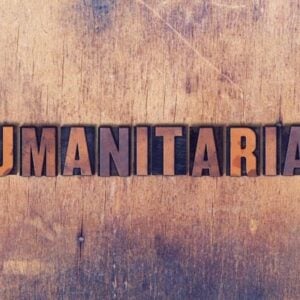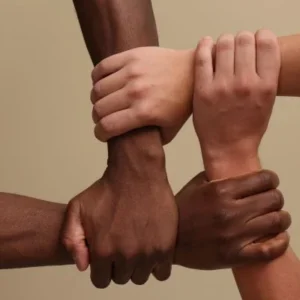The deepening crisis in Myanmar has intensified the suffering of the Rohingya Muslim community, who continue to face statelessness, displacement, and persecution. More than a million Rohingya now live as refugees in Bangladesh, while countless others remain internally displaced under dire and unsustainable conditions. UN leaders have warned that the ongoing crisis threatens regional stability and called for immediate action to protect civilians, guarantee humanitarian access, and support refugees and host communities.
A high-level UN conference in New York brought together top officials, heads of state, and Rohingya activists to highlight the continuing human rights abuses since Myanmar’s military coup in February 2021. Reports detailed widespread forced recruitment, sexual violence, airstrikes, starvation, and mass displacement, while humanitarian agencies stressed that resources are running dangerously low, leaving refugees malnourished and driving some to take perilous sea journeys.
The Secretary-General emphasized that the solution must come from within Myanmar, including ending persecution and granting full citizenship rights to the Rohingya. UN General Assembly President Annalena Baerbock highlighted the scale of suffering, noting that millions of Rohingya, including 800,000 children in Bangladesh’s Cox’s Bazar camp, remain out of school and dependent on critically underfunded humanitarian aid. The 2025 response plan is only 12 percent funded, prompting calls for urgent international support.
Rohingya activists stressed the need for justice and accountability, asserting that atrocities have continued since the 2017 mass exodus. Wai Wai Nu, founder of the Myanmar Women’s Peace Network, described ongoing killings, forced conscription, sexual violence, and starvation, warning that the Rohingya exodus will continue unless decisive action is taken. Activists called for cross-border humanitarian corridors, targeted sanctions, and prosecutions for atrocity crimes.
Testimonies from displaced Rohingya, including Rofik Husson of the Arakan Youth Peace Network, underscored the brutality faced by the community, citing forced conscription, village burnings, and drone strikes. Husson described a May 2024 massacre that displaced 200,000 people in a single day, framing the crisis as “a test for humanity” and urging the establishment of internationally supervised safe zones in northern Rakhine.
Special Envoy Julie Bishop highlighted that Myanmar’s crisis is intertwined with ongoing political turmoil following the 2021 coup. With no ceasefire in place and armed conflict spreading, she warned that upcoming elections could exacerbate violence, noting the absence of an agreed pathway to peace and declining international condemnation of the junta’s abuses.
Despite the grim reality, conference speakers emphasized that solutions remain possible if political will is applied. Baerbock closed by acknowledging the resilience of the Rohingya people and calling for a response that matches their endurance. Activists reiterated that justice is essential, framing it as the only viable path to peace and a sustainable resolution for the Rohingya community.






